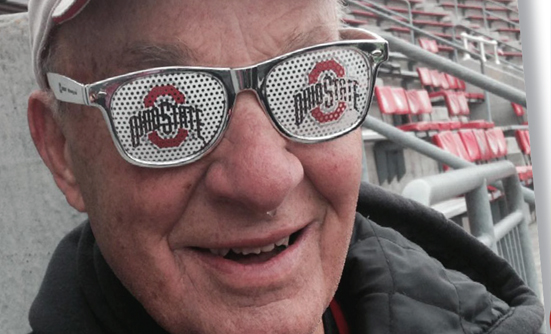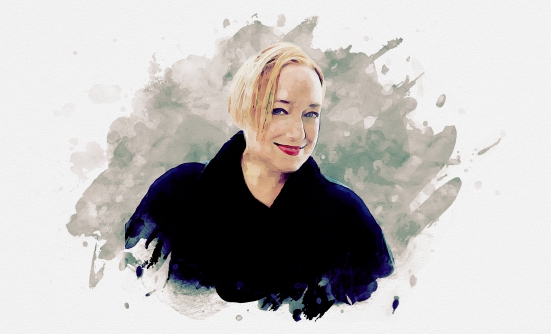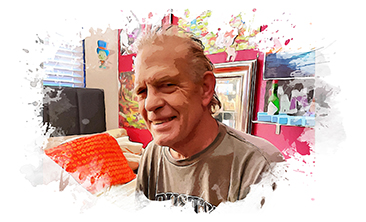I am a nurse, so I know about all things medical, right? My dad certainly thinks that’s true. He called me one day and told me that his “PSA was up,” and that he had to go to see a “different” doctor. Then he asked, “What does PSA mean?”
You know how it feels before you take a trip? You decide where you want to go, and if you want to go by car or plane. You make plans for what you will do on the trip, and then the plans might change, because something else has changed. I felt this way when my dad asked me what PSA was. I knew that he and I were going on a trip.
I told my dad that PSA stands for prostate-specific antigen, and I explained that when the PSA is elevated it could mean prostate cancer. I told him that the doctor would talk to him more about it and may want to do a biopsy. That seemed to answer my dad’s question, and then he got quiet; he didn’t want to talk about it anymore.
I went with my dad to his appointment with the “different” doctor, who is a urologist specializing in urinary medicine and surgery and the male reproductive organs. The doctor wanted to get a biopsy to see why the PSA was up, and my dad agreed. When we left the doctor’s office, my dad asked, “What does he mean by biopsy?”
We talked about a prostate biopsy. The doctor had explained the biopsy with as much care as he could, but my dad needed different words to understand what would happen. He understood that he would be lying on his stomach. He understood that the doctor would access his prostate through his rectum, but he couldn’t figure out how.
My dad and I figured out that he could understand “cable,” “needle,” “pinch,” and “jelly” as ways of describing the ultrasound probe for finding the prostate, the hollow needle for sampling prostate tissue, that numbing medicine would pinch to help make the biopsy less painful, and that gel would be used to help insert the probe. My dad was not excited about all this, but he wanted to know.
After the prostate biopsy, my dad got his results, which were middle of the road. His Gleason score was 5, but he didn’t know what that meant. I told my dad that a doctor looks at prostate tissue samples under a microscope to see if the cells that make up the prostate are all the same or if they look different. The more different the cells look, the higher the Gleason score, which ranges from 2 to 10. This is something that my dad could understand.
We went to see another doctor who treats patients with prostate cancer. This doctor works with a nurse navigator. The doctor and the nurse looked at my dad’s x-rays, scans, medical history, and biopsy tissue. They talked with us about the available treatment options, including surgery, robotic surgery, radiation therapy, and watching and waiting.
My dad and I discussed it, talked with the doctor and the nurse, and decided that watching and waiting was the best option.
My dad had 2 years of PSA screenings every 6 months and a prostate biopsy every year. He now has only an annual PSA screening. My dad’s PSA and Gleason scores have not gone up at all.
My dad was told about his prostate cancer when he was in his early 70s. He was still working at that time, and was an active bowler and a coffee club member. He is now in his late 70s and is bowling with my nephew once or twice weekly and is going to his coffee club every day. The decision to watch and wait was right for my dad and for our family, and being able to talk about all the options with the doctor and the nurse navigator helped us make the right decision.
















